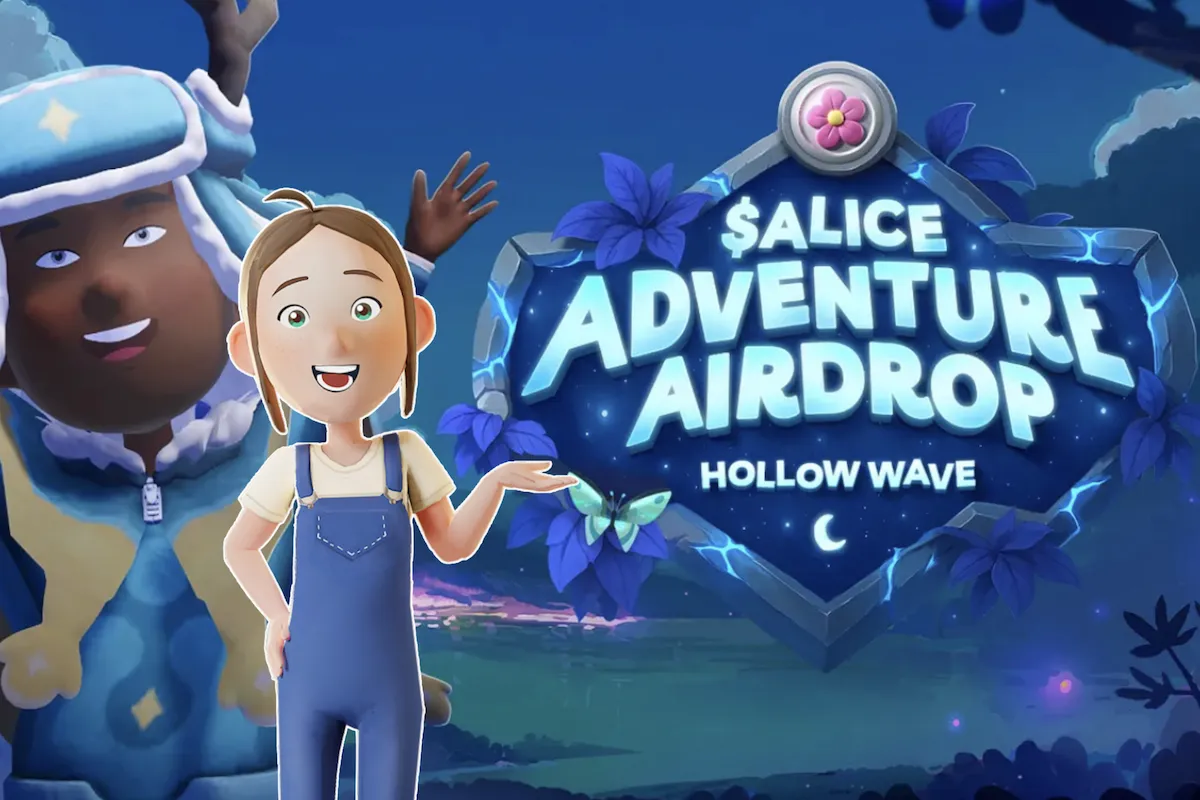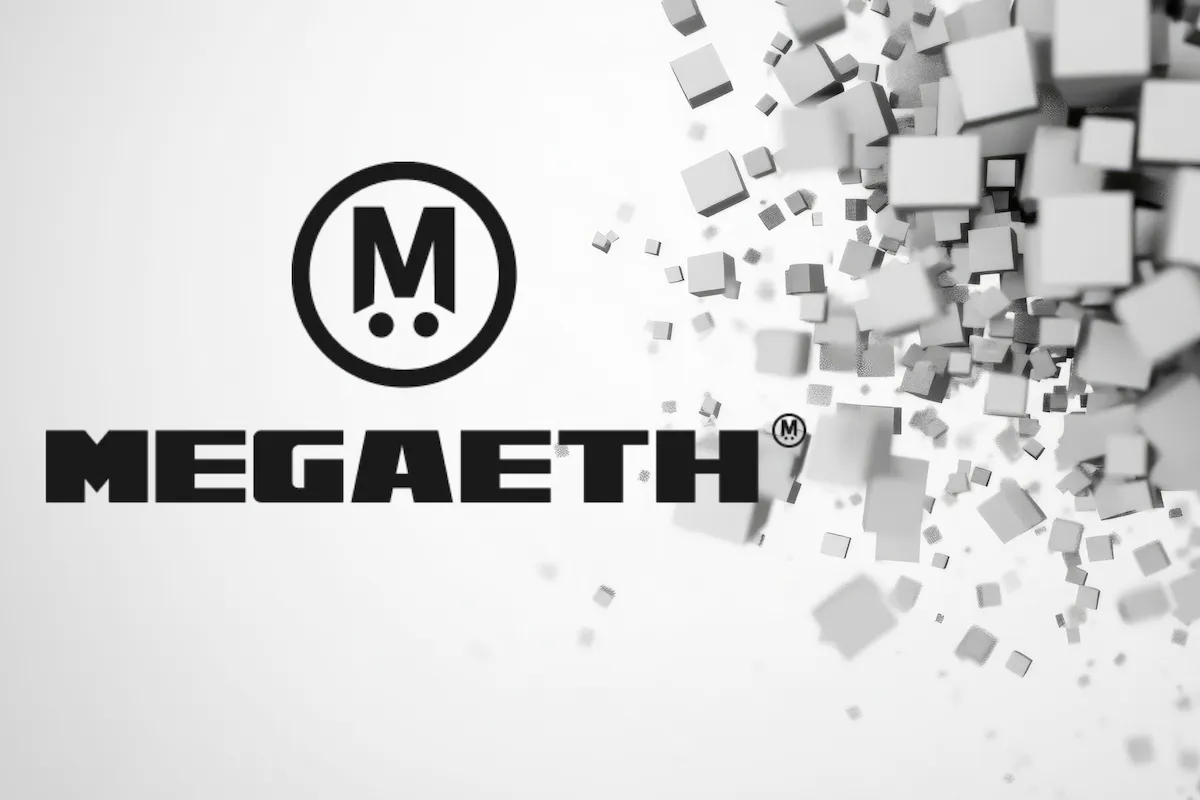Top Stories

What does the Future Hold for NFTs?
Owen Skelton
Oct 20, 2025
NFTs are evolving from collectibles to practical tools. Discover how gaming, AI, and real-world tokenization are shaping the future of digital ownership through 2030.
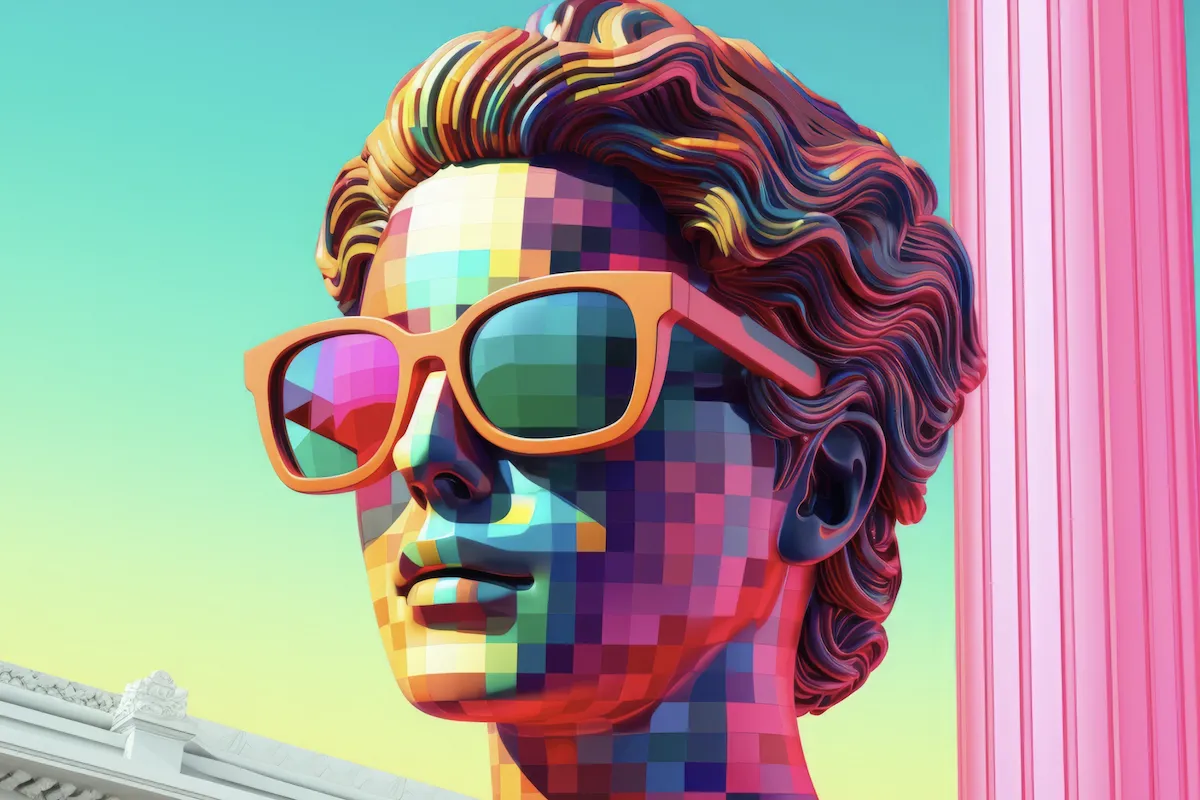
Top AI NFT Generators 2025: The Best Tools for Artists, Brands, and Collectors
Jason Newey
Oct 14, 2025
Discover the best AI NFT generators of 2025 for creating, exporting, and minting digital art.
Latest News

Ferrari F76 NFT: Ferrari’s First Digital Hypercar Explained
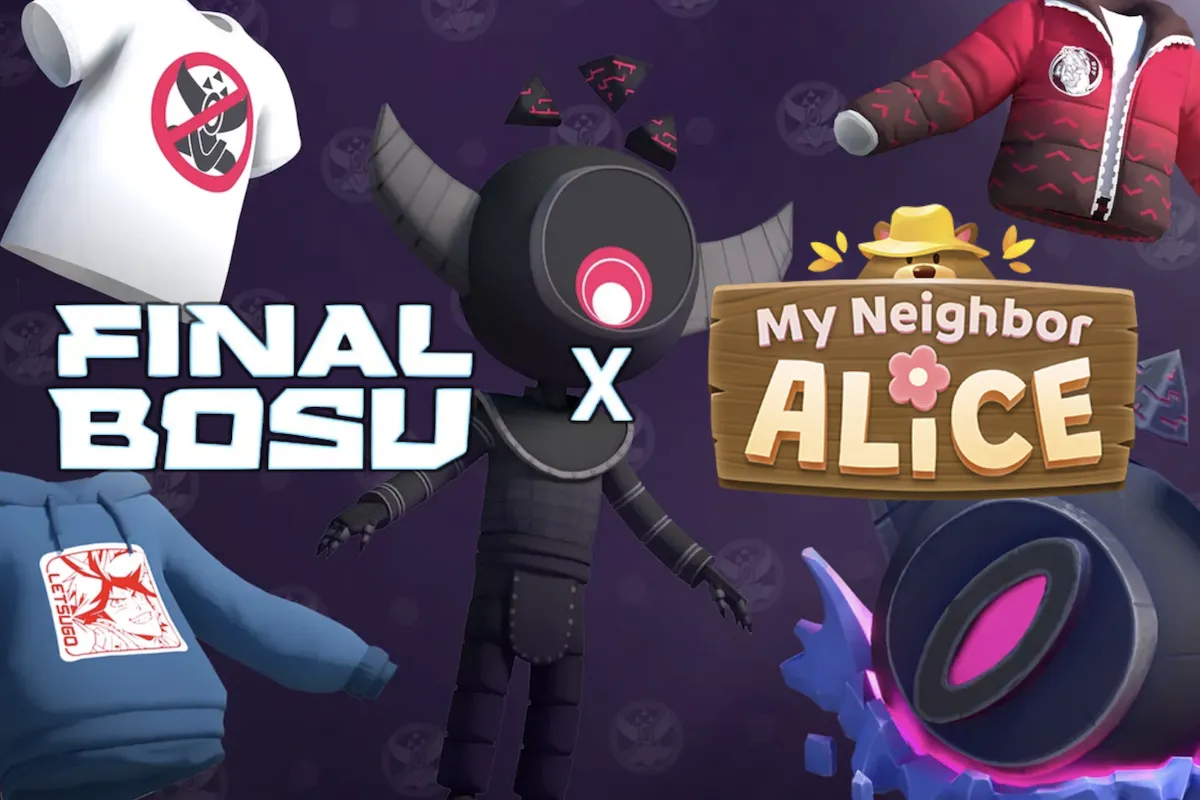
My Neighbor Alice and Final Bosu Launch In-Game Collab
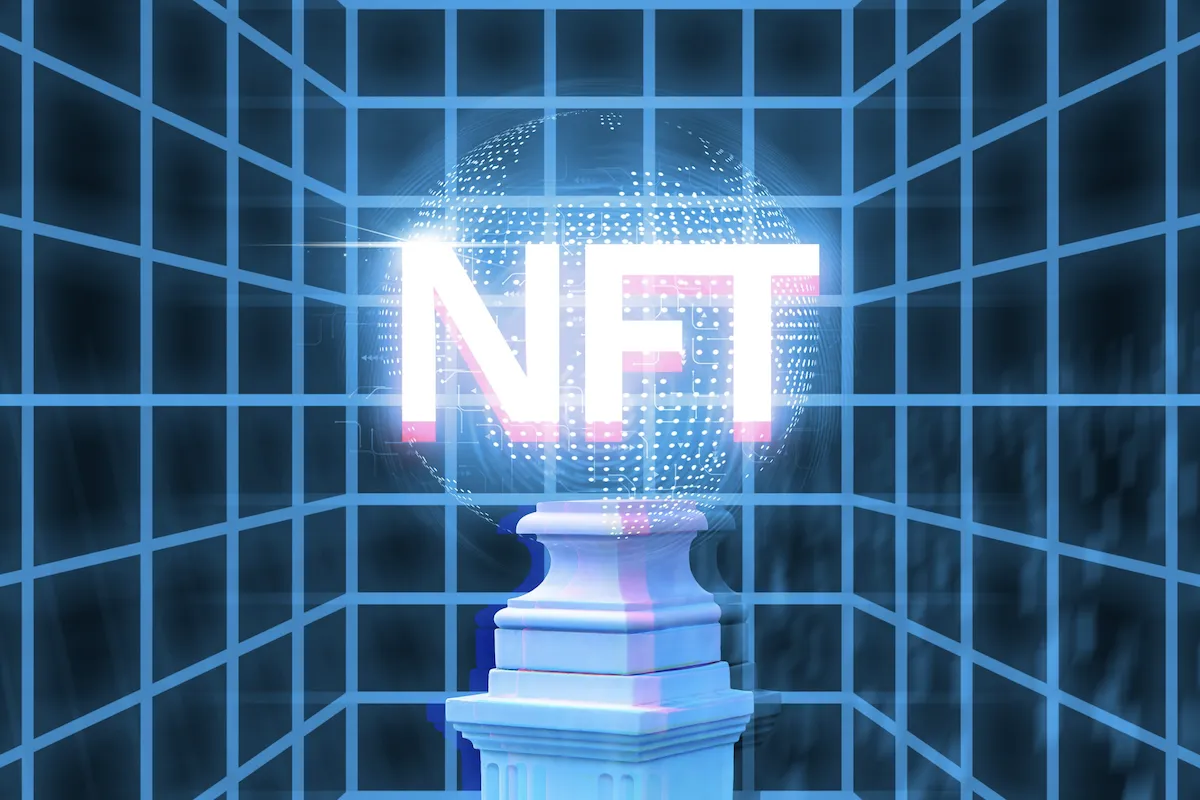
The Psychology of NFT Rarity: Why Digital Collectibles Still Hold Value After the Hype
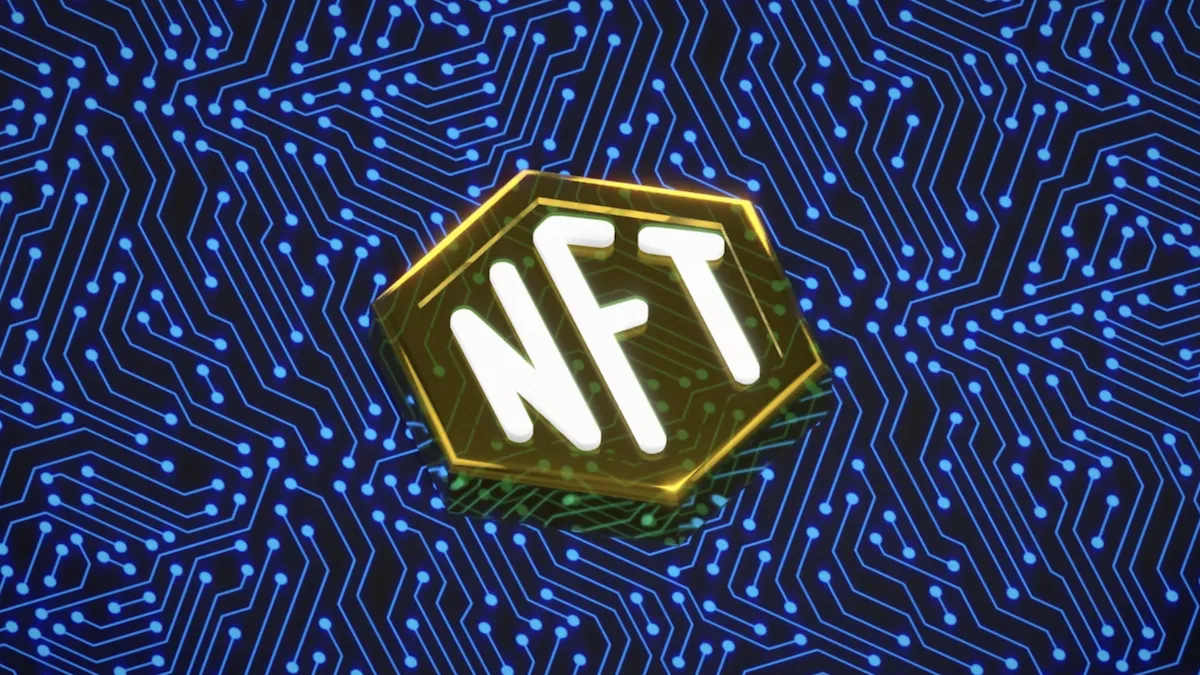
Coinbase Drops $25M to Bring Back UpOnly Podcast Through NFT Purchase
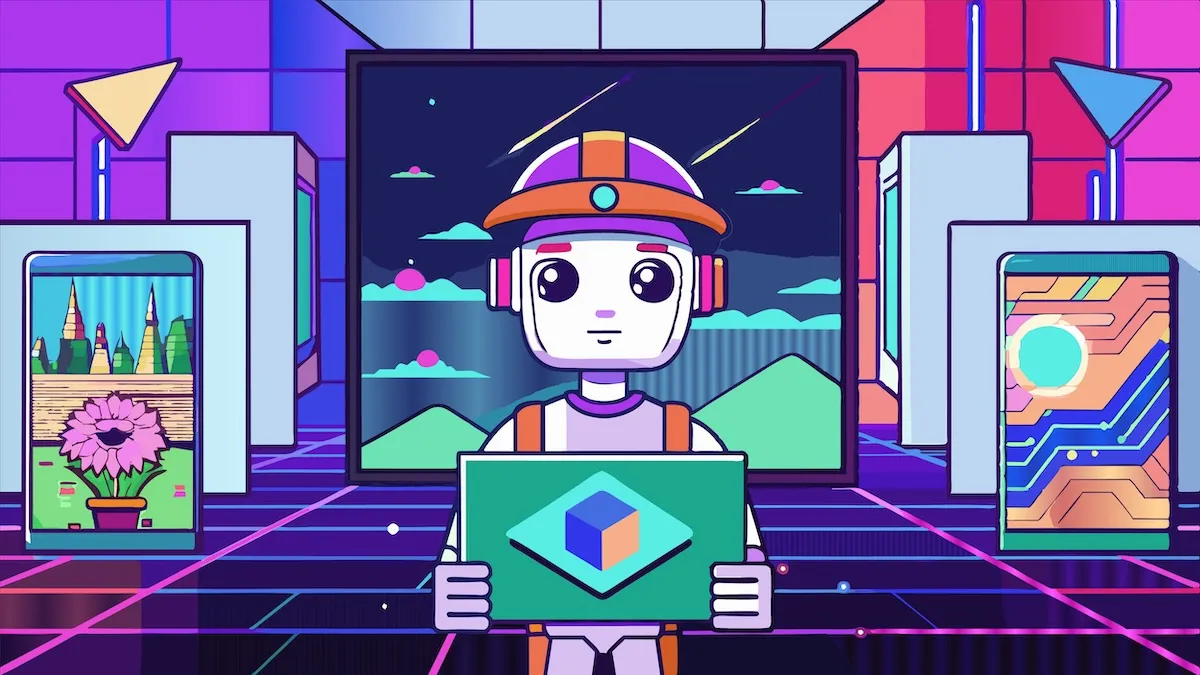
How AI Is Powering the Next Generation of NFTs

Which Blockchains Are Dominating the Gaming Industry in 2025?

